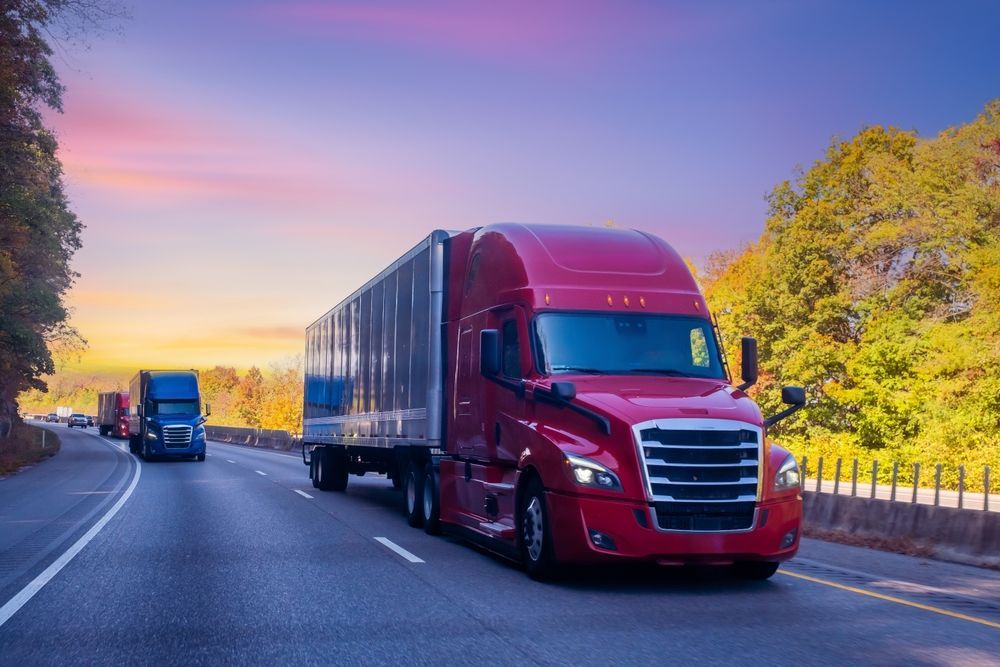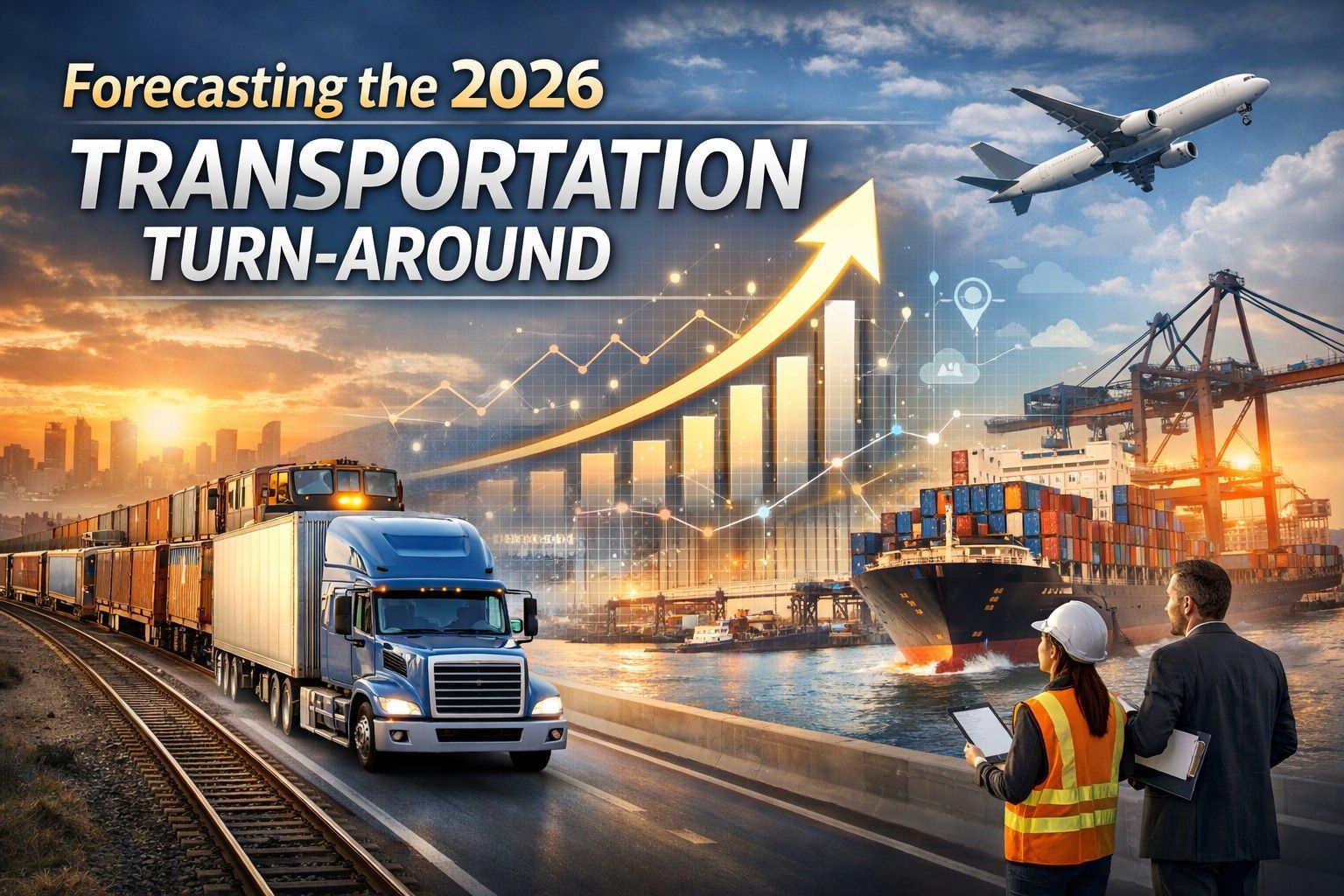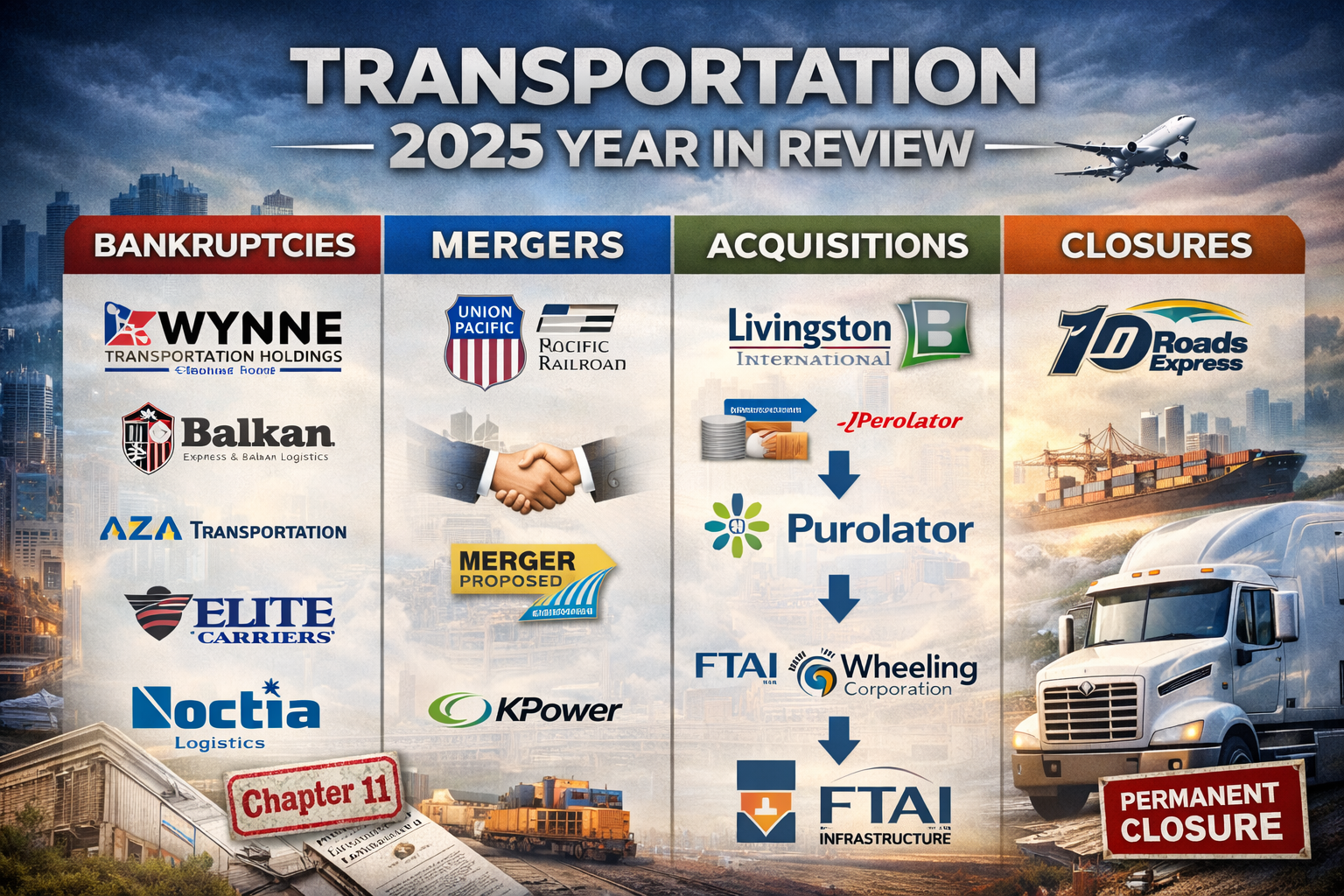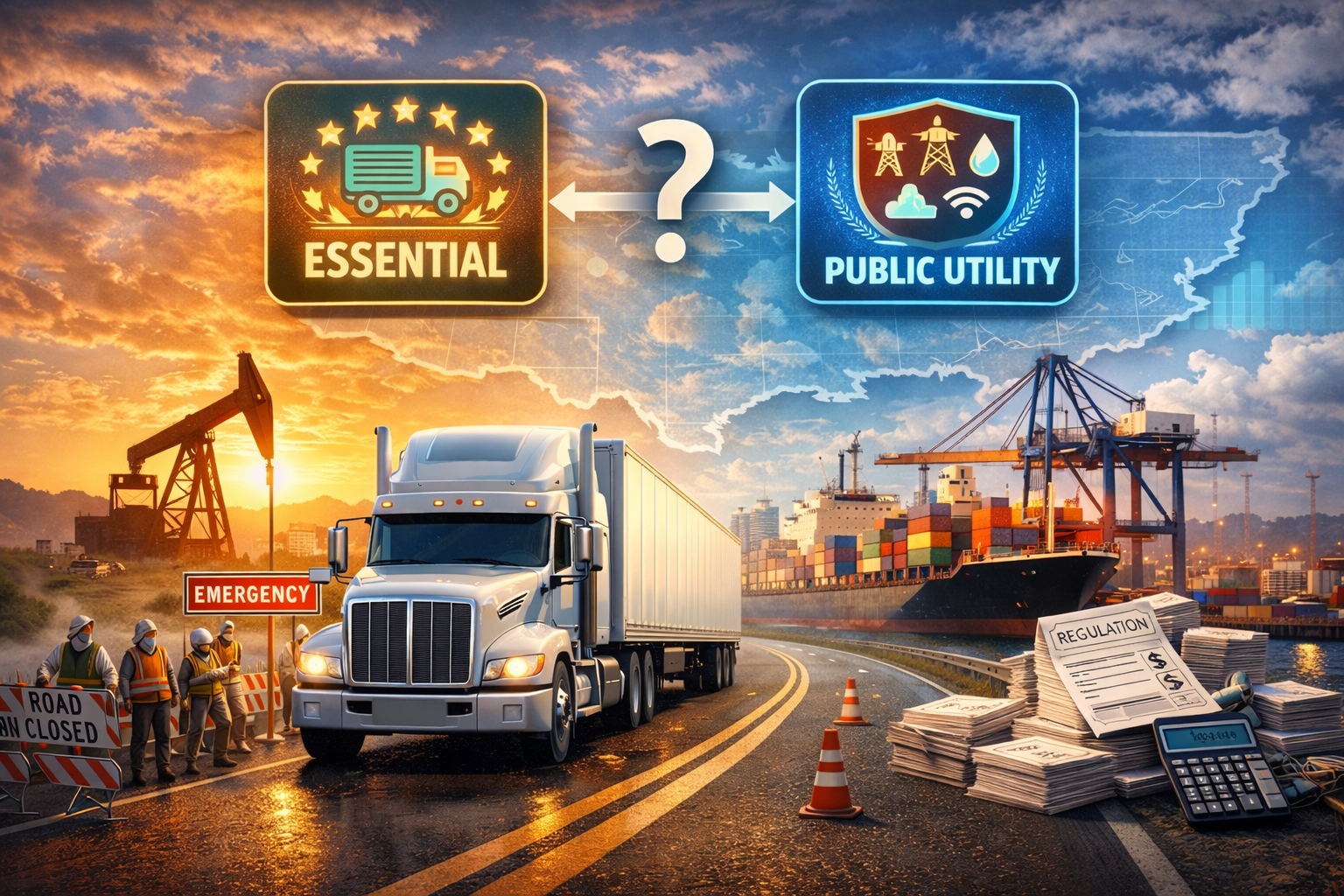9 Ways to Reduce Taxes for Your Trucking Company
Share this Article:

Running a trucking company comes with high operating costs, and taxes are one of the biggest. Reducing your tax burden frees up cash flow that can be used to invest in equipment, expand your fleet, or improve daily operations.
From fuel tax credits to depreciation and per diem rates, there are practical strategies that can lower your overall tax liability. Knowing how to apply them effectively can lead to meaningful savings and stronger financial performance.
Optimize Fuel Tax Credits
Fuel is one of the largest expenses in the trucking industry, but it can also be a valuable source of tax savings. If your company pays fuel taxes on diesel or gasoline used in off-highway operations, you may be eligible for federal or state fuel tax credits. This often applies to auxiliary power units, reefer units, or fuel used while idling or operating off-road.
Many companies miss these credits due to poor tracking or lack of awareness. Accurate fuel records and usage logs are key to capturing the full benefit. Partnering with a tax professional familiar with transportation-specific credits can help recover overpaid fuel taxes and improve ongoing compliance.
Maximize Depreciation Deductions
Trucks, trailers, and other equipment represent major capital investments, and they also offer significant tax advantages through depreciation. By properly depreciating these assets, your company can deduct a portion of their value each year to reduce taxable income.
Bonus depreciation and Section 179 deductions allow for faster write-offs in the year equipment is placed in service. Choosing the right approach depends on your company’s financial position and long-term planning strategy.
Applying these rules accurately can result in meaningful savings, especially when adding new assets or upgrading existing ones.
Utilize Per Diem Rates for Driver Expenses
Per diem rates offer a simplified way to deduct meals and incidental expenses for drivers who are away from home. Instead of tracking every receipt, companies can use the standard daily allowance set by the IRS to calculate deductible expenses.
This method streamlines record-keeping and increases the likelihood of capturing the full deduction. Per diem rates can vary based on location, so it’s important to stay current with allowable amounts and apply them consistently.
Take Advantage of Maintenance and Repair Deductions
Ongoing maintenance and repairs are a necessary part of keeping trucks and equipment road-ready. Fortunately, many of these costs can be deducted as business expenses in the year they are incurred. This includes routine services like oil changes, tire replacements, brake work, and minor part replacements.
To make the most of these deductions, accurate record-keeping is essential. Detailed invoices and maintenance logs help support your claims and reduce the risk of audit issues.
These operational costs can add up quickly, but treating them as deductible expenses can help offset your company’s tax liability.
Structure Your Business for Tax Efficiency
The way your trucking company is structured can have a major impact on how much tax you pay. Sole proprietorships, partnerships, S corporations, and LLCs each have different rules for taxation, income reporting, and available deductions.
Choosing the right entity type can lower your overall tax burden, improve liability protection, and provide more flexibility in how income is distributed. For example, S corporations may allow owners to reduce self-employment taxes through reasonable salary and distribution planning.
Evaluating your business structure with a tax professional can uncover opportunities to improve efficiency and reduce unnecessary tax costs.
Claim Business Use of Equipment and Technology
Trucking companies rely on a wide range of equipment and technology to operate efficiently. GPS systems, fleet management software, electronic logging devices (ELDs), computers, and mobile devices used for business purposes may all qualify as deductible expenses.
To claim these deductions, it’s important to track how the equipment is used and separate any personal use from business use. Maintaining clear records and receipts supports accurate reporting and helps avoid issues during a tax review.

Reduce Sales and Use Tax Burden
Sales and use tax can significantly increase the cost of purchasing equipment, parts, and supplies. However, many states offer exemptions or refunds for items used directly in interstate commerce or for qualifying business activities within the transportation industry.
Understanding how these rules apply can prevent overpayment and help recover taxes paid in error. Documentation is key. Companies must keep detailed purchase records and support each exemption or refund claim with the appropriate forms and certificates.
Leverage State and Federal Tax Incentives
Federal and state governments offer a variety of tax incentives designed to support businesses that invest in infrastructure, clean energy, or workforce development. For trucking companies, this could include credits for adopting alternative fuel vehicles, hiring qualified employees, or making investments in certain geographic areas.
Many of these incentives go unclaimed simply because businesses aren’t aware they exist or don’t know how to apply them. Identifying which programs your company qualifies for can lead to substantial savings and improve long-term financial planning.
Implement Strategic Tax Planning
Tax planning is more than meeting deadlines. It involves making informed decisions throughout the year that help reduce your overall tax burden. This includes evaluating large purchases, timing deductions, reviewing your business structure, and staying ahead of tax law changes that affect your operations.
A proactive approach allows your company to capture available credits, optimize expenses, and avoid unnecessary costs. Partnering with professionals who specialize in the transportation industry can reveal opportunities that may otherwise be overlooked.
Transportation Tax Consulting Can Help You Save
Reducing tax liability requires more than general advice. It takes industry-specific knowledge and a strategic approach tailored to your operations. Transportation Tax Consulting works exclusively with trucking and transportation companies to identify savings opportunities and improve compliance.
We help clients recover overpaid taxes, capture available credits, and implement tax planning strategies that align with business goals. Our team understands the regulations that affect your business and how to navigate them effectively.
Schedule a consultation today to start reducing your company’s tax burden and strengthening your financial position.
Share with Us:




